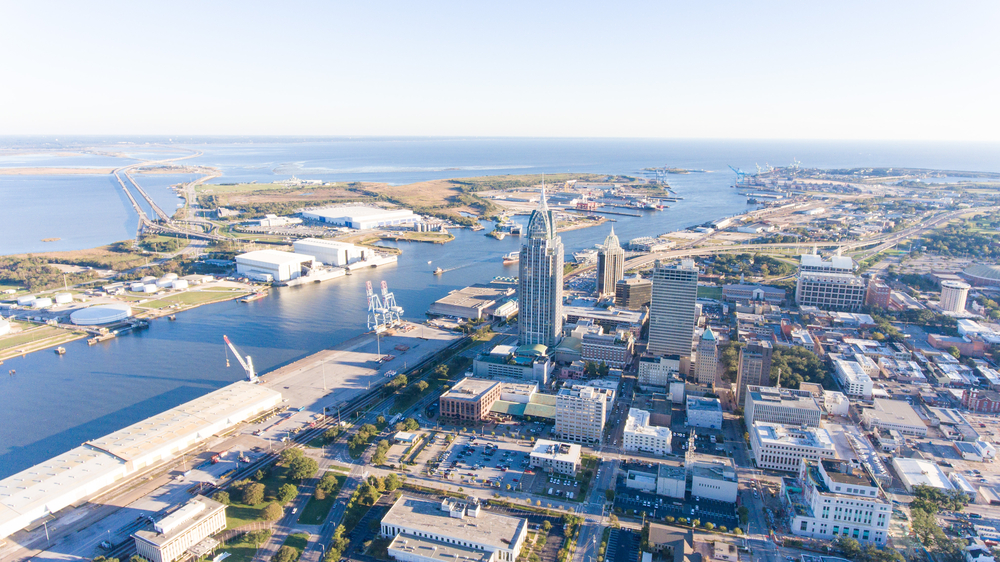Mediterranean Shipping Co. (MSC) announced the addition of another ship to its container service between the US Gulf Coast and the East Coast of South America. All ships on the service will slow steam and the Port of Mobile will be added in the service as ocean carriers renew their focus on north-south trade lanes to maintain weekly capacity.
SLOW STEAMING
Slow steaming is the practice of operating cargo ships at lower speeds than their maximum capacity in order to reduce fuel consumption and increase efficiency. Typically, the practice involves reducing the ship’s speed by around 10-20% below its maximum operating speed. Slow Steaming can help reduce the environmental impact of shipping by lowering greenhouse gas emissions and other pollutants. It can also help shipping companies save on fuel costs, as slower speeds require less fuel per unit of distance traveled.
LATAM TO GULF TRANSPORT
MSC’s Athens Glory, a 6,900-TEU vessel, will be added as the eighth vessel to the Gulf to SAEC String 1, while the service’s rotation time will be extended from 32 to 56 days. By employing slow steaming, which will also lower emissions, MSC can absorb additional ships without increasing weekly capacity, given that it already operates 730 ships and will receive an additional 46 this year, with a current order book representing 31% of its current fleet.
Despite these operational changes, MSC indicated that capacity will remain unaffected. The Gulf to SAEC String 1, which provides slots to Maersk’s UCLA service under the Sealand brand, will include Mobile in its rotation, with the Athens Glory making its first call on May 26. The service also serves the Port of Houston, as well as several major Brazilian ports, Colombia, and Mexico.
GULF PORTS VOLUMES INCREASE
Mobile, along with other Gulf Coast ports, experienced a significant increase in import volumes last year as a result of new vessel services being added to the area and shippers seeking to establish new import gateways beyond the West Coast. Last year, total Gulf Coast imports increased by 13.9% to 2.6 million TEU. Ocean carriers may see additional volume growth as they restore services that had been cut or reduced due to widespread port congestion and the surge in trans-Pacific volumes.
NEED HELP WITH SHIPMENTS?
Contact [email protected] to speak with Green’s freight experts.






